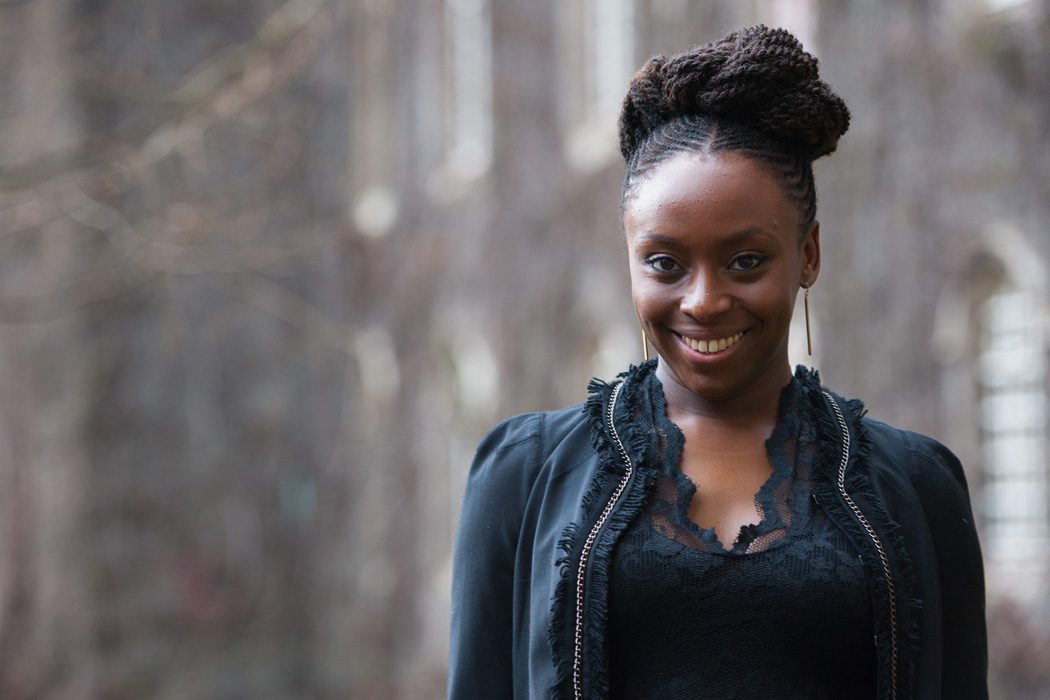Editor’s note: Each Thursday, we feature a throwback piece from Topology’s predecessor, catapult magazine. In this essay from 2010, I reflected on what it would mean to cross boundaries in meaningful ways in my community.
A few weeks ago, I had the pleasure of hearing Steve Stockman speak, a Presbyterian minister from Belfast, Northern Ireland. After an overview of the history of “The Troubles,” Stockman spoke specifically about Christian responsibility in the midst of sectarian violence. Programs, he contended, don’t work. Programs are safe and often don’t cultivate the deep personal relationships needed to improvise for lament, for forgiveness, for grace. We need to be courageous enough simply to cross a boundary. We do this not for the thrill of danger, but as disciples walking in the footsteps of a savior who said, “Follow me,” and then proceeded to become friends with everyone he wasn’t supposed to associate with.
I’ve long listened to the stories of U.S. civil rights activists and protestors of South African apartheid and wondered what I would have done in the midst of these situations. Would I have contented myself with the calm of my white suburb? Would I have settled for the gesture of an “interracial” bible study or a token black friend? Or would I have risked my own safety and security to stand with the oppressed, pushing sacrificially at the unjust boundaries that contained them?
“What if…” questions about the past are interesting as an intellectual exercise, but for me, they raise pertinent questions for the present as well. Am I, in fact, blindly upholding an injustice of similar magnitude by my passivity? Stockman’s talk gives new language to the same question: What is the boundary I’m supposed to cross?
There are many non-profit organizations out there who would love to convince me that their particular cause is the civil rights movement of this time. Poverty, torture, international sex trade, health care, debt in impoverished nations—indeed, all of these are pressing problems that should command the attention of all people, especially Christians. But I can’t ride a bus or put my body in front of a tank for every one, and in an age of abundant information about global injustice, that’s a deep frustration.
And so, I necessarily zoom in on my time and place and when I do, I gain a human-scale perspective I can’t achieve while gazing at the entire world from outer space. I look at my calendar and I see that next Tuesday, I will attend a concert by the Carolina Chocolate Drops, an African American trio who have taken on racial stereotypes simply by picking up a banjo. They’ve woven a thin thread of cultural memory into a subversive artistic calling that helps listeners remember in a toe-tapping sort of way the African origins of bluegrass. For me, the Chocolate Drops set an example of taking on a small corner of the darkness, multiplying the qualities of self they did not choose with their own creative agency to do something, and to do it well.
In a similar spirit, on Saturday evening, a group of folks in the small town of Three Rivers, Michigan, will host the second annual Rivers of Justice Film Festival. One of the featured films will be a short lecture by Chimamanda Adichie called The Danger of a Single Story. In her talk, the Nigerian novelist shares her own tale of discovering how having a single story about an “other” can become a dense fuel for ignorance at best, violence at worst. Last year, about 40 people attended the film festival and we’ll be grateful to match that number again—not a revolutionary movement by any means. But if Adichie’s story can motivate just a few of us to cross, or even to consider for the first time, the artificial boundaries we’ve created between us and them, we might just come a little bit closer to living what it really means to follow Jesus here and now.
The question Stockman raised about boundaries may not have one clear answer for some of us, which is probably okay. As people who tend to build walls just as quickly as we tear them down, chances are the answer is always changing. In communities of worship, of family members and of friends, we can always be challenging each other to faithful vigilance so that we might form a collective culture of border crossing—not as though the fate of civilization depends on it, but as though accepting an invitation into a fuller reality whose symbol is a cross and whose end is resurrection.
Photo by Chris Boland.




